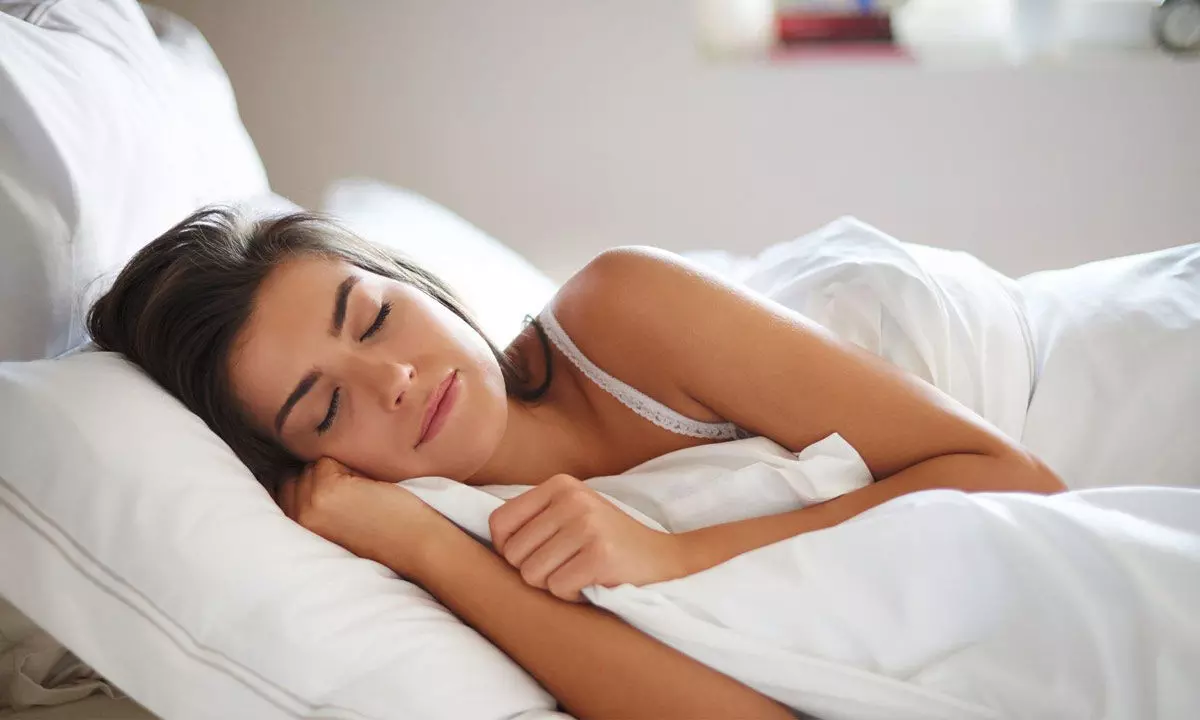Sleep Matters a lot

Sleep Matters a lot
On average, we spend approximately a third of our life asleep
On average, we spend approximately a third of our life asleep. Along with eating, drinking and breathing, sleeping is one of the pillars for maintaining good mental and physical health. Ultimately, we would die if we did not sleep. Despite being an utmost important aspect of life, sleep remains a mysterious realm that has fascinated us for thousands of years.
In humans, the amount of sleep a person needs depends upon their age. On average, a newborn is expected to sleep for 16–18 hours per day, which eventually decreases to about 13–14 hours after one year. Adolescents tend to require more sleep than adults, possibly due to the physiological changes that are happening in the body during this period. As the person reaches adulthood they tend to sleep 7–8 hours per day. Older adults usually tend to sleep around 6–7 hours per day, but they take more frequent naps throughout the day. The amount of time an average adult needs to sleep varies from person to person and can range between 5 to 11 hours.
Sleep and fitness are both key components of a healthy lifestyle. But if one had to choose between one or the other, which would it be? If a person isn't active, they may need more sleep. When people lead an active lifestyle, their body desperately needs rest and when you are well-rested, you perform at your best capacity.
By improving the quality of their sleep, many people can benefit from it. The term sleep hygiene refers to describe how lifestyle and environmental factors can affect our sleep. Positive sleep hygiene may help to improve sleep quality but is not enough to treat chronic sleep disorders
l Caffeine, alcohol, and nicotine are all substances that can impair sleep quality. Caffeine makes it harder to sleep because it stimulates the central nervous system, increasing your heart rate and adrenaline production, and also suppressing melatonin production. It takes a long time for the body to break down caffeine, so drinking coffee during the day can affect sleep at night.
l Regular exercise may also help us sleep. One study in older adults showed improved sleep quality with regular aerobic exercise68, such as jogging or cycling. It may be that physical fitness with increased metabolism is associated with better sleep patterns. Also, exercise can help to improve mood and to reduce anxiety, which can, in turn, improve sleep in people with chronic insomnia. Exercise can also help to reduce the symptoms of obstructive sleep apnoea.
l Your choice of the mattress also affects your sleep. There are a few mattresses available on the market which are beneficial for your health and help you avoid stress and helps you to get a good night's sleep. So choosing the right mattress according to your body and health is also an important factor for good sleep.
Sleep is a much more complex process than many people realize, but it is crucial to the health of us all. It is not merely an inconvenience in busy waking lives. The link between sleep and health is two-way. Poor sleep can negatively impact people's daily lives, with inevitable consequences for mental health. People who are suffering the effects of low mood, who have less energy to take exercise, or are experiencing difficulty in personal relationships are more likely to develop mental health problems. The consequences of chronic insomnia should therefore be treated with these risks in mind.
Poor sleep is a public health problem and needs to be taken seriously. It needs to be recognized within healthcare, education, and society at large. For society, it is vitally important that sleep is seen as a public health issue, much like diet and exercise. Sleep needs to be an issue on any public health agenda. If this does not happen, a great number of people will suffer the consequences, without reason.











